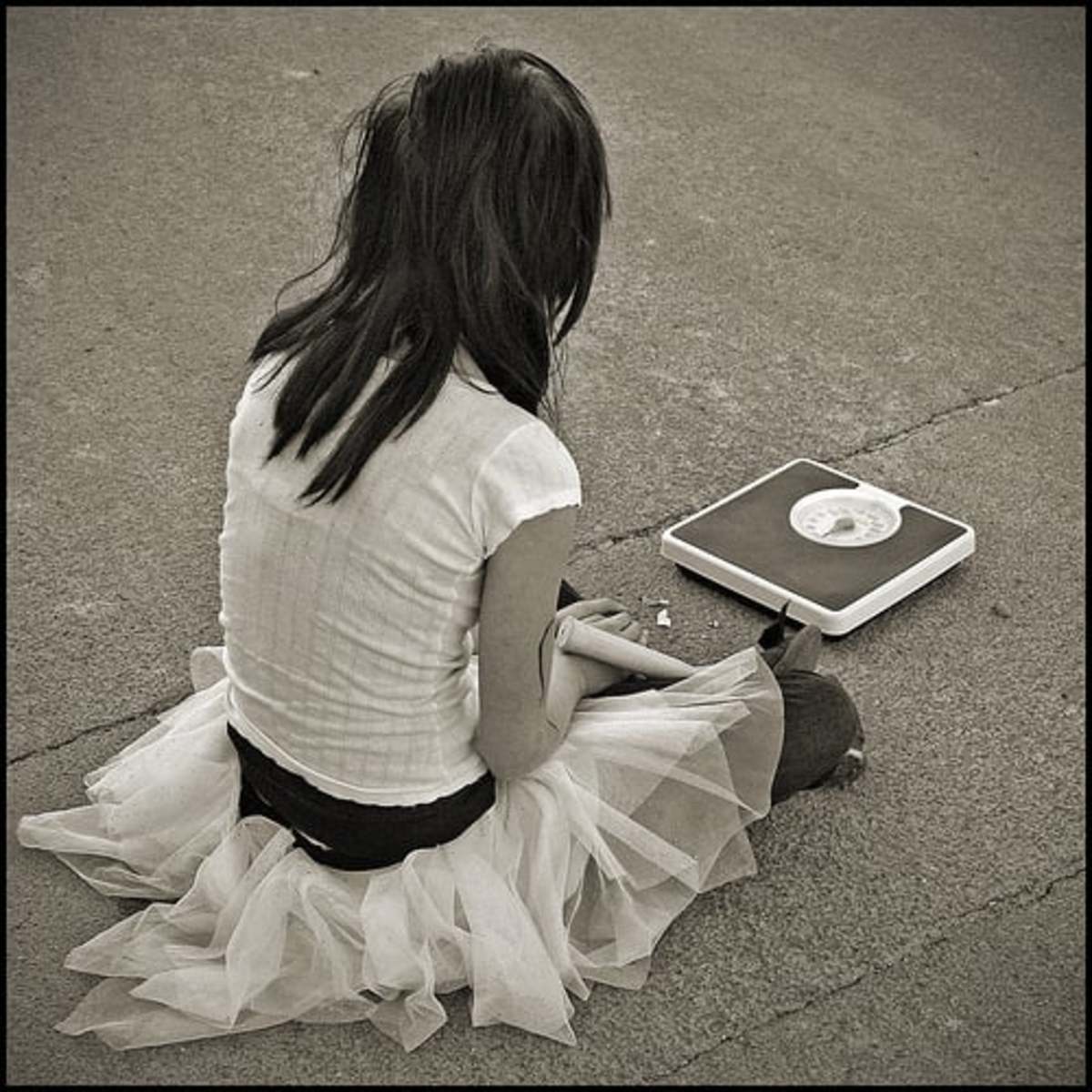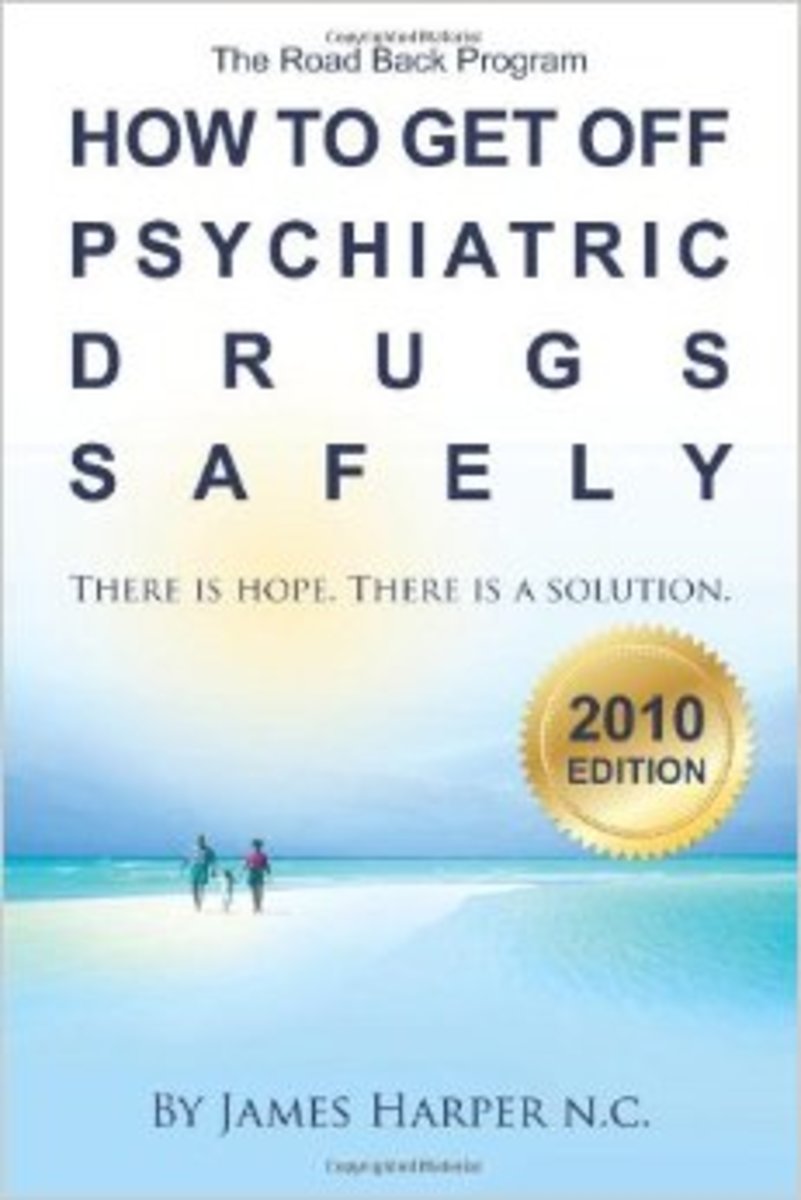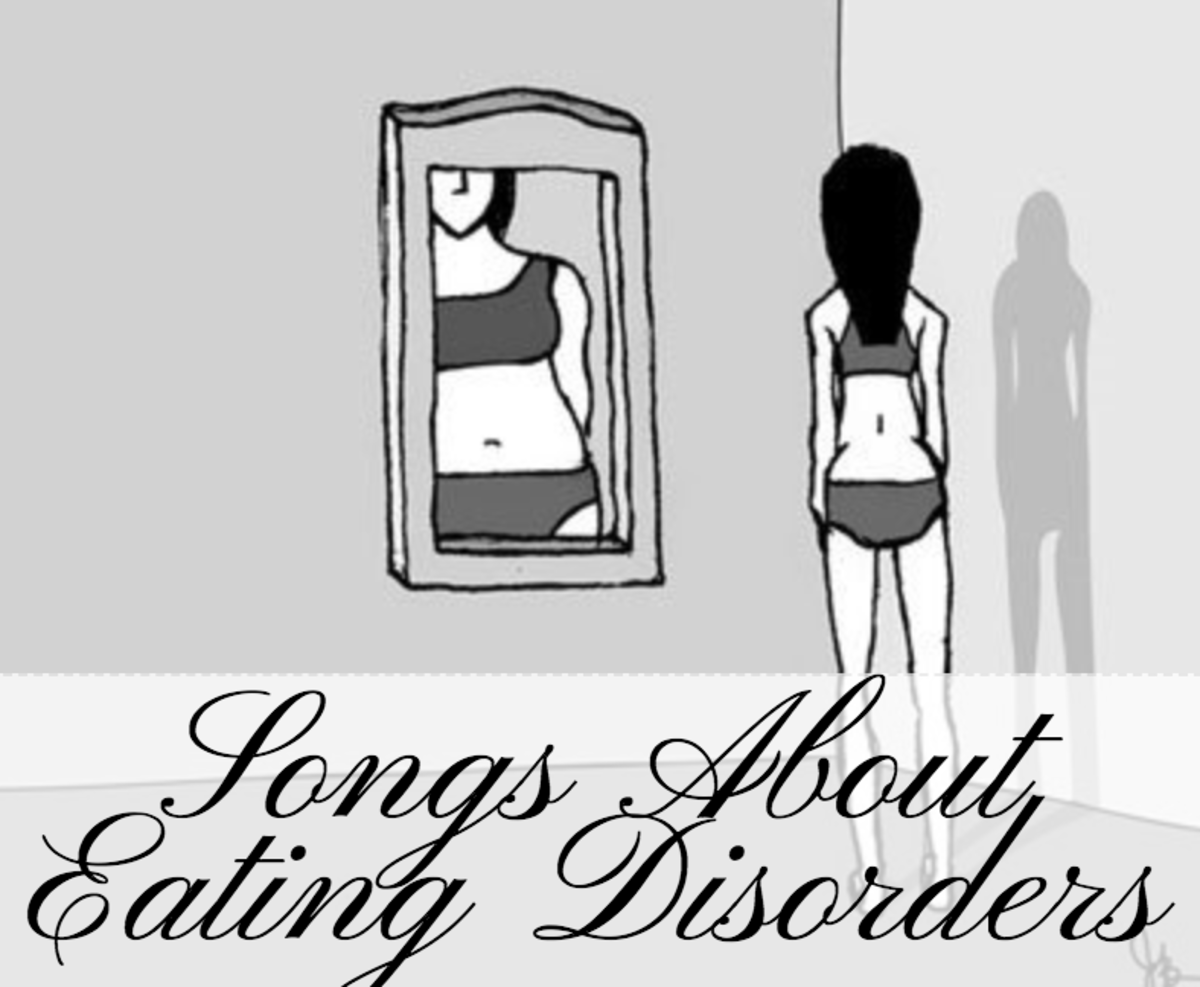- HubPages»
- Health»
- Mental Health»
- Eating Disorders & Mental Health
Side Effects of Bulimia Nervosa - Isolation and Self-Hatred

For people with bulimia, feelings of self hatred and guilt, of isolation and loneliness are emotions that are closely connected and have a complex interplay of cause and effect between them. Self hatred and guilt caused by hiding the addiction can fuel isolation and these can be both the cause and the effects of bulimia. I’m quite familiar with these feelings because I had bulimia for 20 years.
Not being good enough is a perception that so many of us have about ourselves. No matter what we do we will never be good enough in the eyes of a parent, a significant other or even in our own estimation. The ideal of beauty that is perpetuated by the media and the pressure each of us feels to look a certain way and to conform to a certain ‘ideal’, makes us feel inadequate, unworthy, and even unlovable.
When someone is suffering with bulimia, the shame and guilt they feel about the disease causes them to isolate themselves. They hide out from friends, try to avoid holiday gatherings, and pull away from their spouse. These are prime factors for bulimia to take a hold of a person’s psyche and perpetuate the addiction. The physical effects of bulimia including poor dental health, hair loss, nutritional deficiencies not to mention the burden of keeping bulimia a secret from everyone else makes people even more isolated.
Reasons why bulimia breeds isolation and self-hatred:
- Eating disorders, like any addiction, are something addicts would prefer to keep to themselves because addictions are seen as a sign of weakness. When I would binge, I had to hide my eating from others. Maybe I would eat a regular meal with my friends and then sneak off to eat much, much more. I had to be alone while I consumed double, triple or even quadruple the amount of calories that a normal healthy person would have in an entire day. Naturally I didn’t want anyone to see how much and how uncontrollably I ate. While I ate, I became almost numb and was very, very alone.
- The isolation effects of bulimia were so strong that at the time my most constant companion was my eating disorder. It is a double life that we lead, marred by lying, deceit, secrecy and the unwillingness to let anyone get close to us. This breeds self-hatred and guilt.
- Even speaking from a purely practical point of view, bulimia is very time consuming. It sounds funny now (it wasn’t then), but it takes a long time to buy and eat all that food. For bulimics who live alone, the binges could go on all day long with numerous trips to the bathroom. All of this takes a lot of time and what is left of your time afterwards is consumed by guilt, self loathing and a conviction of being worthless once again. Rinse and repeat!
- As I said earlier, isolation and self hatred were both cause and effect in the matter. Because I found myself feeling lonely and isolated I would binge to feel better. Or I’d feel badly about myself because something at work or in my relationship weren’t working out, so I’d turn to food to feel better. The self hatred and isolation then became the reason to overeat.
After a while the isolation effects of bulimia becomes a friend, a companion who was invited in at first but who now refuses to go away. Isolation’s co-conspirator is self-hatred. It’s a viscous cycle and one that’s very hard to break out of without help. My mission is to help others with bulimia find their road to recovery. It can be done and I’m living proof.








